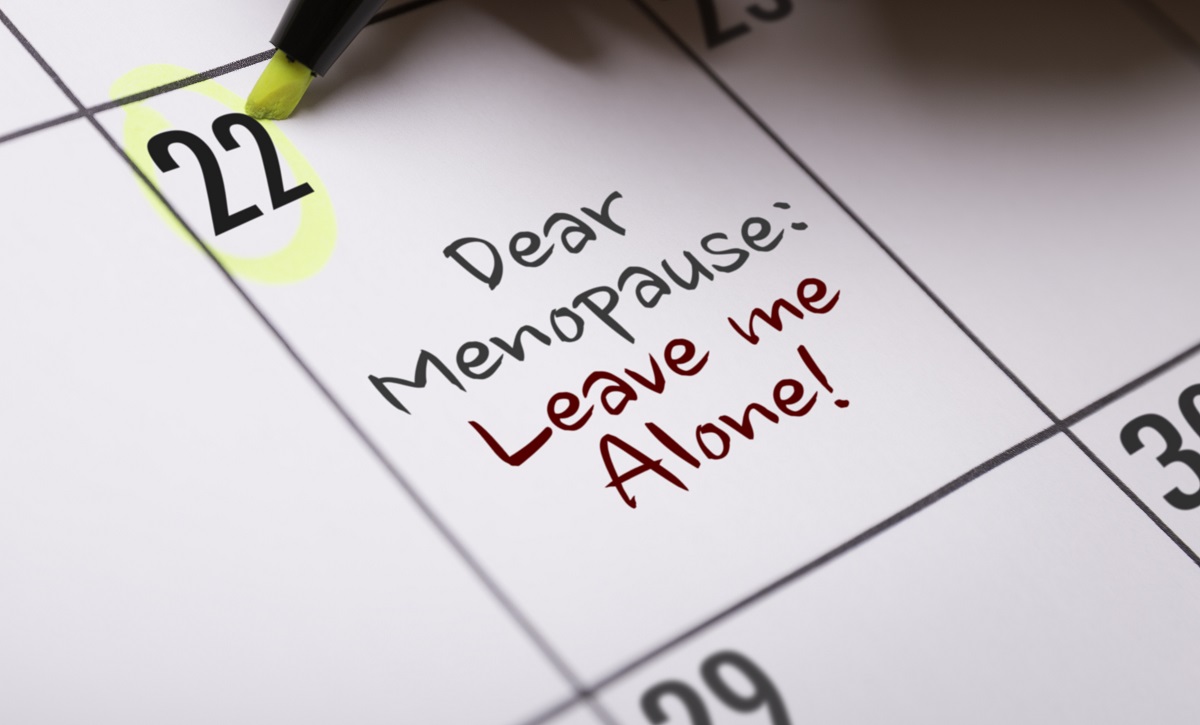Perimenopause Related Mental Health
Emotional Roller Coaster
Prior to perimenopause, life seemed pretty normal and the ups and downs of day to life didn’t send you into panic or depression. Then hormonal changes with perimenopause started affecting your mood and caused a variety of physical symptoms that lead to an emotional roller coaster, leaving you feeling out of control.

Depression, Stress, anxiety, panic attacks, increased marital or relationship stress and perceived cognitive decline are just a few of the issues that women encounter during this phase of life.
What the Heck Happened to My Body?
Weight starts pouring on, so you work out harder, count or restrict calories, and the scale never moves. The emotional impact of a changing body can wreak havoc on self-esteem, feelings of being good enough, and even desire to engage in sex.
If the decreased libido wasn’t enough, vaginal dryness and decreased sensation has made sex painful, and less satisfying. Perseveration about the loss of feeling, increased time needed to reach orgasm…if at all, and the lack of spontaneity due to need for lubrication has increased anxiety around intimacy.
I’m a Hot Mess
Literally, the hot flashes and heat can come out of nowhere, sending you in a tailspin to exit stage left in a hurry to avoid embarrassment. Covers on, covers off…hot, cold and sleepless nights add to your exhaustion and irritability.
Hot flashes can feel like panic attacks and the fear of having one in a public setting can also lead to avoidance of pleasurable activities or places where escape is difficult.

Changes in Your Partner’s Body
Addressing intimacy issues with your partner is a vulnerable process. It’s even more difficult when a male partner experiences erectile dysfunction and refuses to address the concern secondary to shame. Sexual intimacy is avoided, less frequent or interrupted by impotency. Fear of rejection or disappointment leads to sadness, loneliness, and isolation.
Emotional Healing and Adaptation
I want to validate your courage for reaching out and asking for help. Working with a therapist who understands your journey makes talking about these vulnerable shifts easier.
